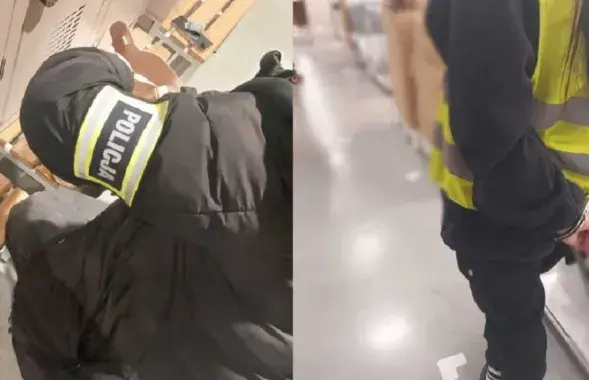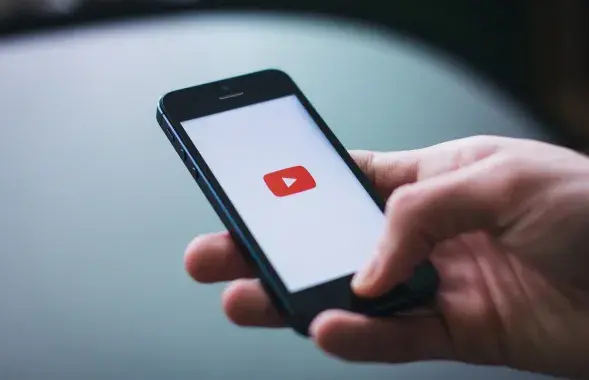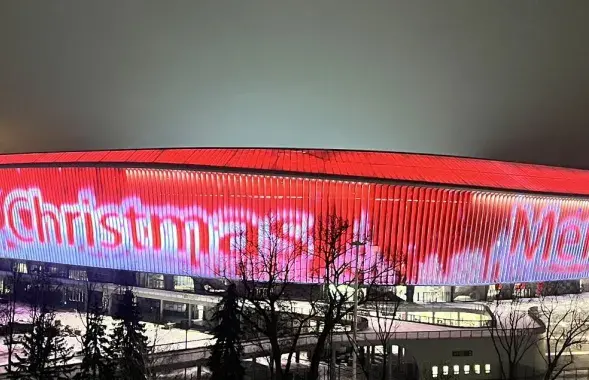ERB explores non-tourist Cuba
Cuba is not only about sun, sea and white sand. It is not only columns in Havana, beaches and streets for tourists. Cuba is also about food rations, the black market, the lack of water supplies. It is also about the daily struggle of independent journalists for a true freedom on Freedom Island.
This kind of Cuba is not advertised in tourist guides or pictured on postcards. However, I managed to travel around the island, to visit ordinary Cubans and meet the fighters for democracy in the country.
Oscar Mario Honzales studied at a politech school in the Russian city of Krasnodar when Cuba was a friend of the Soviet Union. He got married and fathered a daughter there. Afterwards, he returned home and started working as a journalist. He spent one and a half years in prison for his professional activities.
Oscar Mario: “I studied in the Soviet Union. I stayed there for about six years before coming back to Cuba. At those times, I thought that communism was not bad. I realized later that communism was dictatorship. Now I work as an independent journalist. I spent one year and four months in prison. Fidel's dictatorship does not allow us to work”.
In April, Cuba lifted a ban on mobile phones and DVD-players and computers. Finally, Cubans are allowed to meet with tourists at hotels. Previously, all of those things were banned. You will learn about how Cubans welcome these changes from a series of reports from Freedom Island.
Beginning from Monday, the European Radio for Belarus will air daily brodcasts from Cuba. Pictures from Cuba will also be available on our web site. You will learn about the Cuban money and restaurants. You will hear if there is indeed a lot of sex workers in Cuba. You will also hear a story by a woman who tried to flee the island on a boat to Miami. I will also narrate about Cuban media and secret services. Definitely, I will also tell you how simple folks survive in under the dictatorship of Fidel Castro.
Photo by Vitalina Hrakhouskaya
This kind of Cuba is not advertised in tourist guides or pictured on postcards. However, I managed to travel around the island, to visit ordinary Cubans and meet the fighters for democracy in the country.
Oscar Mario Honzales studied at a politech school in the Russian city of Krasnodar when Cuba was a friend of the Soviet Union. He got married and fathered a daughter there. Afterwards, he returned home and started working as a journalist. He spent one and a half years in prison for his professional activities.
Oscar Mario: “I studied in the Soviet Union. I stayed there for about six years before coming back to Cuba. At those times, I thought that communism was not bad. I realized later that communism was dictatorship. Now I work as an independent journalist. I spent one year and four months in prison. Fidel's dictatorship does not allow us to work”.
In April, Cuba lifted a ban on mobile phones and DVD-players and computers. Finally, Cubans are allowed to meet with tourists at hotels. Previously, all of those things were banned. You will learn about how Cubans welcome these changes from a series of reports from Freedom Island.
Beginning from Monday, the European Radio for Belarus will air daily brodcasts from Cuba. Pictures from Cuba will also be available on our web site. You will learn about the Cuban money and restaurants. You will hear if there is indeed a lot of sex workers in Cuba. You will also hear a story by a woman who tried to flee the island on a boat to Miami. I will also narrate about Cuban media and secret services. Definitely, I will also tell you how simple folks survive in under the dictatorship of Fidel Castro.
Photo by Vitalina Hrakhouskaya




















